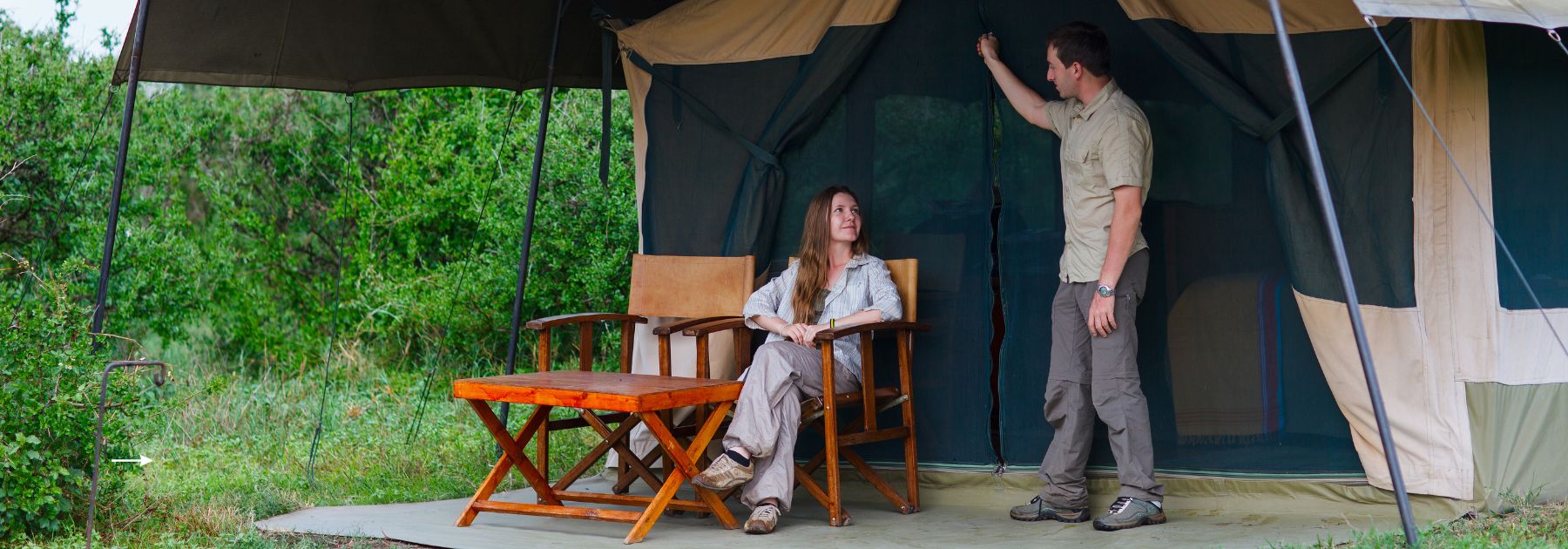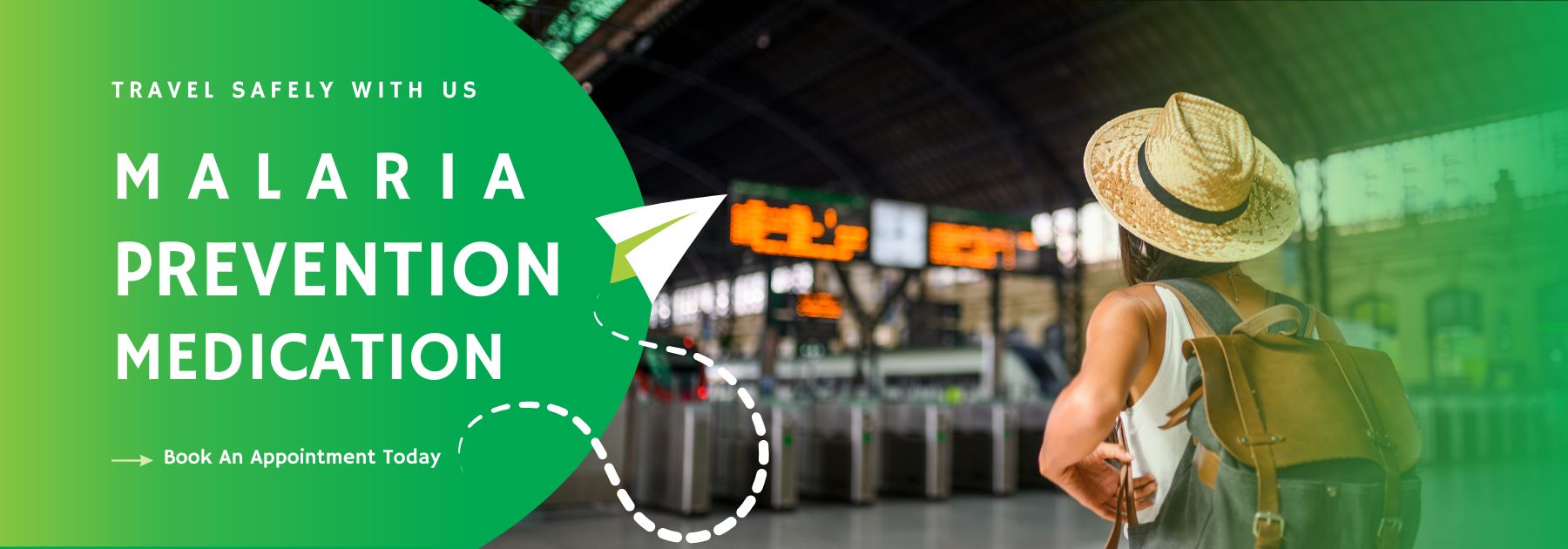Get Your Malaria Prevention Medication in Manchester
Are you looking for malaria prevention medication in Manchester? Everest Pharmacy is your trusted partner in ensuring a safe and healthy journey. As you prepare for your upcoming adventure, it’s essential to prioritise your well-being, and one crucial aspect of that is safeguarding yourself against malaria. In this blog, we will explore the importance of getting malaria prevention tablets before you travel and how Everest Pharmacy can assist you in staying protected.
Understanding Malaria
Malaria is a potentially life-threatening disease caused by the Plasmodium parasite, which is transmitted to humans through the bite of infected female Anopheles mosquitoes. While malaria is prevalent in many tropical and subtropical regions worldwide, it can be particularly concerning for travellers heading to such areas.
The Risk of Malaria
Malaria can lead to severe health complications, including high fever, chills, and flu-like symptoms. In some cases, it can become fatal if left untreated. Therefore, taking malaria seriously and taking preventive measures is crucial, especially when visiting endemic regions.

How to Prevent Malaria
Preventing malaria while on holiday, especially if you’re travelling to a region where malaria is prevalent, is crucial for your health and well-being. Here are some steps to help you reduce the risk of contracting malaria:
Consult a Travel Clinic or Healthcare Provider: Before your trip, schedule a visit to a travel clinic or healthcare provider with expertise in travel medicine. They can provide information specific to your destination and recommend the appropriate vaccinations and medications.
Malaria Medication (Prophylaxis): Depending on your destination, your healthcare provider may prescribe antimalarial medication. Common options include atovaquone-proguanil (Malarone), doxycycline, and mefloquine. Take the medication as directed, starting before your trip, during your stay, and for a period after your return, as instructed by your healthcare provider.
Insect Repellent: Use an insect repellent containing DEET (N,N-diethyl-meta-toluamide) or picaridin on exposed skin. Apply it according to the product instructions. In high-risk areas, consider clothing treated with permethrin, an insect repellent. You can also purchase permethrin sprays to treat your clothing and gear.
Protective Clothing: Wear long-sleeved shirts, long pants, socks, and closed-toe shoes, especially during the evening and night when malaria-carrying mosquitoes are most active.
Stay in Screened Accommodations: Choose accommodations that have screens on windows and doors to prevent mosquitoes from entering your living space.
Use Bed Nets: Sleep under an insecticide-treated bed net (ITN) that’s in good condition. Make sure it’s properly tucked in and not touching your body while you sleep.
Time Your Activities: Mosquitoes that carry malaria are typically most active during dawn and dusk. Plan your outdoor activities to avoid these times.
Avoid Stagnant Water: Malaria-carrying mosquitoes breed in stagnant water. Avoid areas with standing water and use insect repellent if you’re near such areas.
Stay Informed: Stay up to date on the current malaria situation in your destination. Local health authorities or the World Health Organization may have information on outbreaks and prevention measures.
Seek Medical Attention if You Develop Symptoms: Know the symptoms of malaria, which can include fever, chills, headache, muscle aches, and fatigue. If you experience any of these symptoms, especially within a month of returning from a malaria-endemic area, seek medical attention immediately.
Complete Your Medication Course: If you were prescribed antimalarial medication, make sure to complete the entire course, even after returning home. This helps ensure that any potential malaria parasites are eliminated from your body.
Remember that malaria prevention is essential, as the disease can be life-threatening. Consult with a healthcare professional well before your trip to ensure you have the right information and medications tailored to your specific travel plans and health needs.

High-Risk Malaria Destinations
Malaria is prevalent in many regions around the world, but some areas are considered particularly high risk due to the prevalence of the disease. Here are five high-risk malaria destinations:
Sub-Saharan Africa: Sub-Saharan Africa is the most high-risk region for malaria. Countries such as Nigeria, Democratic Republic of Congo, Uganda, Mozambique, and Burkina Faso have a high incidence of malaria cases, particularly during the rainy season.
Southeast Asia: Several countries in Southeast Asia have a significant malaria risk, including Cambodia, Myanmar, Laos, Thailand, and parts of Indonesia. Malaria strains in this region can sometimes be resistant to certain antimalarial medications.
South Asia: Malaria is a concern in some parts of South Asia, with countries like India, Pakistan, and Bangladesh having varying levels of malaria risk, particularly in rural and remote areas.
Papua New Guinea: This Pacific island nation has one of the highest malaria transmission rates outside of Africa. Malaria is a significant health concern, especially in rural and remote regions.
Central and South America: Malaria is found in several countries in Central and South America, including regions of Brazil, Peru, Colombia, Venezuela, and Guyana. The risk varies by location, and some areas have a higher prevalence of the disease than others.
When travelling to high-risk malaria destinations, it’s crucial to take extra precautions, such as using antimalarial medication, insect repellent, bed nets, and wearing protective clothing, as mentioned in the previous response. Additionally, consult a travel medicine specialist or healthcare provider to get personalised advice and vaccinations or prophylactic medications tailored to your specific travel itinerary and risk factors.

Malaria Prevention Medication in Manchester
One of the most effective ways to protect yourself against malaria is by taking malaria prevention medication. These medications, also known as antimalarials, are designed to suppress the parasite’s growth in your body, reducing the risk of infection.
Types of Malaria Prevention Medication
There are several types of antimalarial medications available, and the choice depends on various factors, including your destination, medical history, and personal preferences. Some common options include:
- Mefloquine
- Atovaquone-proguanil (Malarone)
- Doxycycline
- Chloroquine (in some regions)
Remember, the choice of medication and the appropriate dosage will be determined by our experienced pharmacists during your consultation at Everest Pharmacy.
Book an Appointment
Don’t let the risk of malaria dampen your travel experience. At Everest Pharmacy in Manchester, we are committed to providing you with the best malaria-prevention medication and expert guidance to ensure your safety during your travels. Protect yourself and your loved ones by visiting us before your next adventure. Travel confidently and enjoy your journey knowing that you’ve taken the necessary precautions against malaria. Your health is our priority.

This blog was written on behalf of Everest Pharmacy by Pharmacy Mentor.